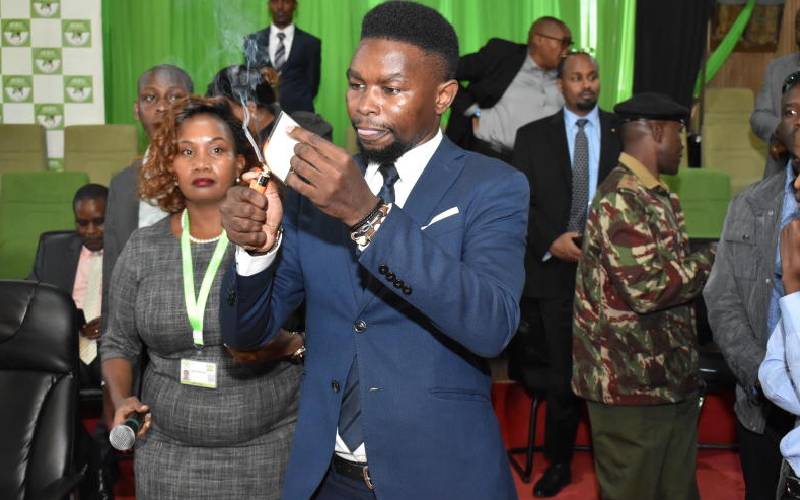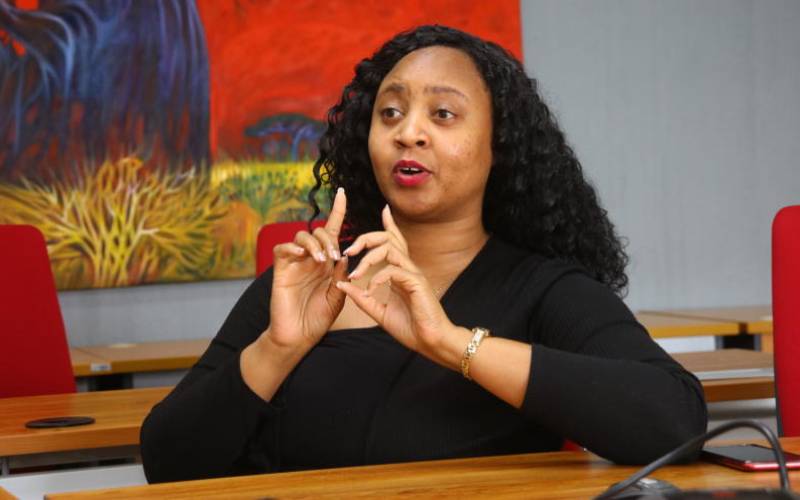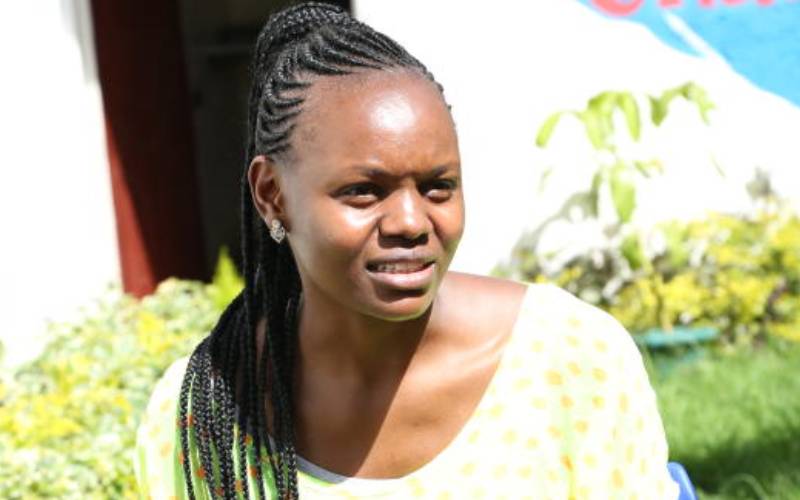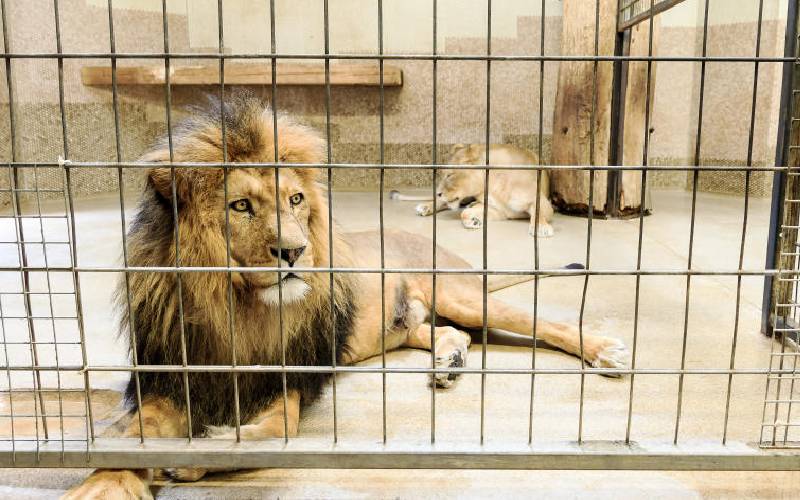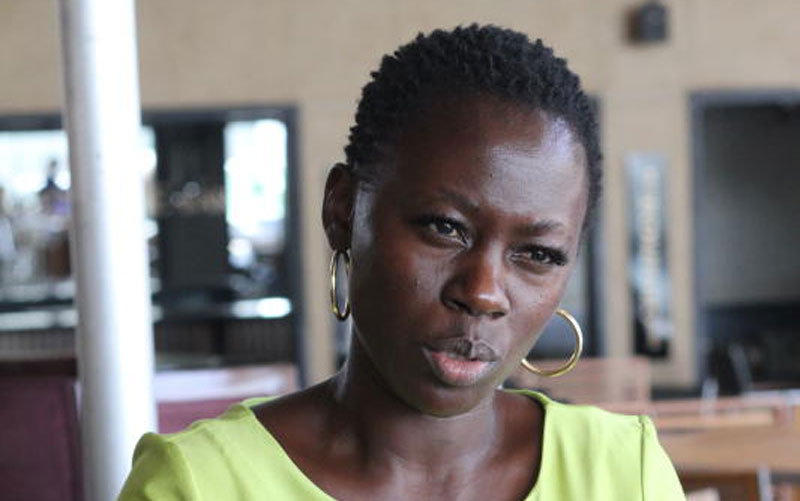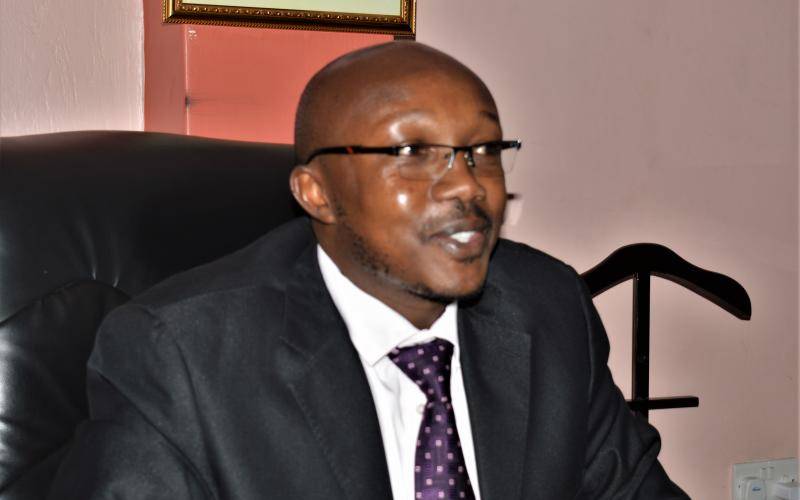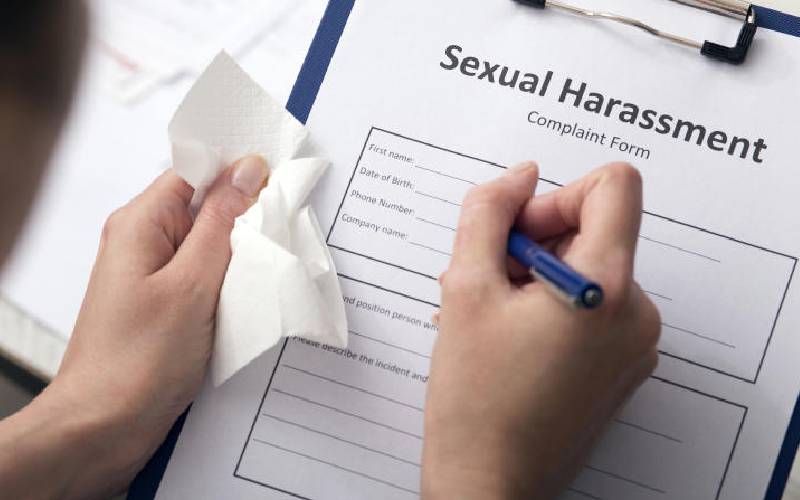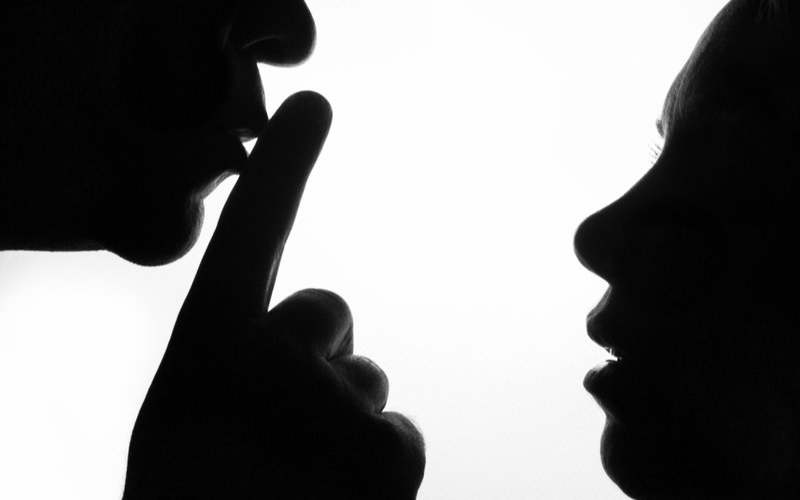
Dressed in a floral sheer dress, Sophia Rajab-Leteipan sits in front of the microphones at her podcast desk. She speaks clearly, her warm smile audible in her voice while signing out the show before addressing The Standard team.
An Advocate of the High Court of Kenya, Sophia's passion for addressing sexual harassment and dismantling the patriarchy that fuels it drove her to create and host the Dear Law podcast.
The podcast utilises storytelling, and feminist and survivor-centred approaches to bring to the fore the sexual harassment experiences of women in the legal profession and the prevalence of sexual harassment in the workplace.
 The Standard Group Plc is a multi-media organization with investments in media
platforms spanning newspaper print
operations, television, radio broadcasting, digital and online services. The
Standard Group is recognized as a
leading multi-media house in Kenya with a key influence in matters of national
and international interest.
The Standard Group Plc is a multi-media organization with investments in media
platforms spanning newspaper print
operations, television, radio broadcasting, digital and online services. The
Standard Group is recognized as a
leading multi-media house in Kenya with a key influence in matters of national
and international interest.

